Editor’s Note: Co-founder Jeannie Ralston wrote this piece about empty nest depression soon after starting NextTribe. We’re happy to report that her devotion to you, our readers, has taken the sting out of her empty nest. We’re re-running the piece because it’s the time of year when many mothers face the blues of sending their children out into what can feel like—especially this year—a dangerous, unpredictable world.
***
It’s not easy to make yourself laugh in the middle of an acute bout of depression. After my youngest son left for college, I was reeling from the emptiness in my house/life/heart. This was the same son that had led me to my first deep depression 17 years earlier (through no fault of his own). My hormones had gotten so whacked after he was born that I would have dragged myself through broken glass to get to some pharmaceutical relief. Once he was gone to college—a year early, to make matters worse—I had fallen into a similar darkness. A bookend to my life as a mother. The doctors called the earlier episode post-partum depression. We’ve all heard of that. This later attack, it occurred to me one day, could be called post-departum depression.
I think the double dose of depression says something about the way I approached motherhood.
That’s why I laughed. The scary symmetry. The pun on the Latin “partus,” which means “a bringing forth.” A nice twist on a phrase has always elated me. I figure I got extra points for coming up with it under duress.
I think the double dose of depression says something about the way I approached motherhood. Complete trepidation at first, followed by an intensity so profound—starting a school for my kids when they were young, taking them to Mexico for four years, homeschooling them, traveling the world with them, teaching at their high school—that when active-duty mothering ended I felt useless and untethered.
Read More: Suicide in Middle-Aged Women: Could COVID Make a Bad Problem Worse?
Back on Medication
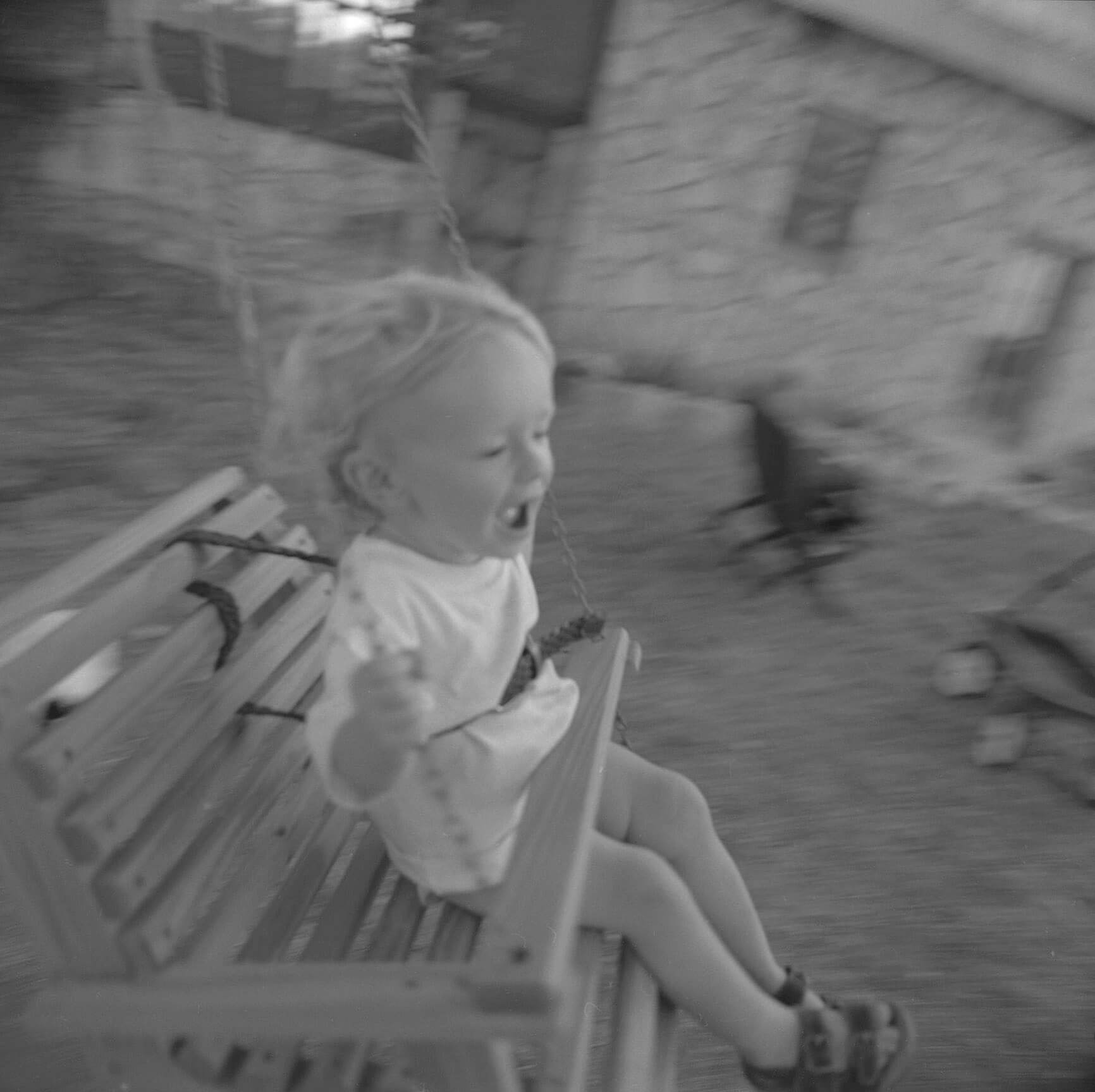
Jeannie’s son Gus swinging in front of the family house.
Seventeen years ago I was overwhelmed with the responsibility of taking care of tiny lives—my youngest’s and his older brother’s. I didn’t fully trust that I could be a good mother. I looked ahead at all the ways I could screw them up. After they’d both left, I was overwhelmed with the sudden lack of responsibility. I didn’t fully trust that I could be anything but a mother. I looked ahead at all the ways I would miss them.
I longed to be around kids, so I considered becoming a nanny.
This time, my depression took the same form it had 17 years earlier: insomnia and anxiety so acute I could feel my heart throbbing in my neck 24 hours a day with crying jags that left my husband speechless. With my head hung, I went back on Zoloft. I got a sleeping pill prescription. I started therapy. Each of those was helpful in a way. But I knew they would never be enough to keep the grief at bay. I needed direction and purpose, and I was impatient. I wanted holes to be filled immediately.
For a time, I regretted quitting my job as a high school English teacher—a position I’d held at a private high school for one year, even though my real job has always been as a journalist. I longed to be around kids. I seriously considered becoming a nanny; I even began filling out a profile on Sitter City in Austin.
Filling the Holes of Empty Nest Depression
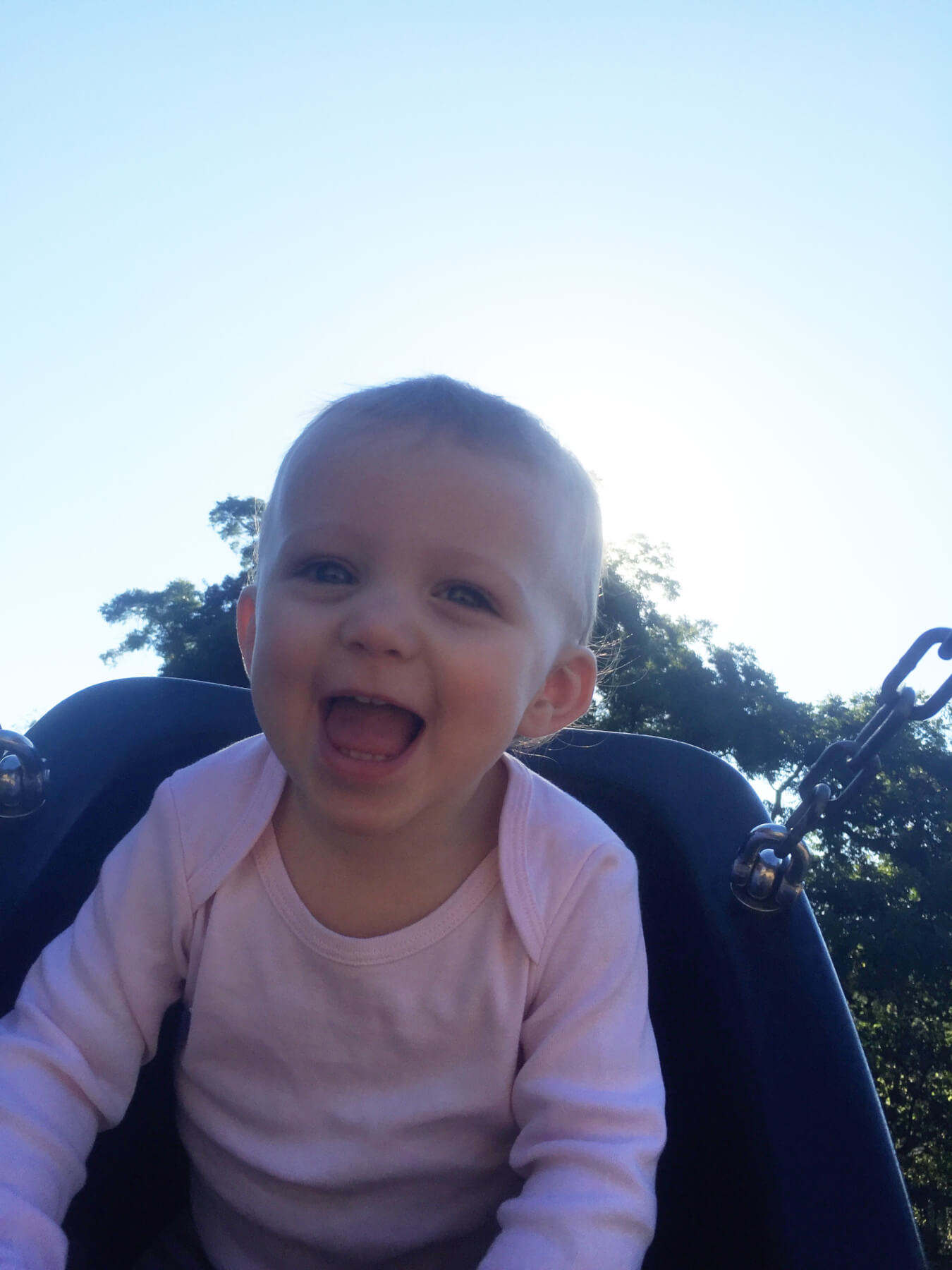
The swing is full again. Baby Jane at the same age, enjoying swinging just as much.
But then, I started finding small glimmers in my life apart from my kids. My nephew and his wife, who, like me, live in Austin, wanted their one-year-old daughter Jane to have a break from daycare. I started babysitting her once a week and adored my time with my surrogate granddaughter. Hanging out at the park or story hour at the independent bookstore with all the young moms made me feel I was reliving my early days with my kids—though my friends and I never had tattoo sleeves. Jane’s squeals when I showed up at her house on Wednesdays and her saying the words “Aunt Gigi” —or what I stubbornly chose to hear as “Aunt Gigi” —healed my soul like nothing Pfizer could concoct in a lab.
What’s more, I began regular tutoring sessions for two high school juniors who were working on novels. They would each come to my house for an hour a week, and we would go over their texts; their enthusiasm for writing was infectious. Together we crafted clever plots, tweaked sentences, rearranged structure. Oh, and their parents paid me. What a concept!
But the biggest help in getting through those initial months in an echo-y house was the connection I still had with my sons. Especially the youngest, who, at 17 in a big university, calls me regularly for advice. My role has shifted. I’m not a Mother with a capital “M”; I am more of a Mentor. Yes, capitalize that “M” for now. Once he gets it all figured out he’ll need me less, but that’s OK. I’m sure that the pride and excitement I feel for both my sons as they launch into the world will carry me through to some extent. Baby Jane, my high school girls and other joys I find along the way can do the rest.
Read More: Can the Mother-Son Bond Last After He Gets Married?
A version of this story was originally published in April 2017.

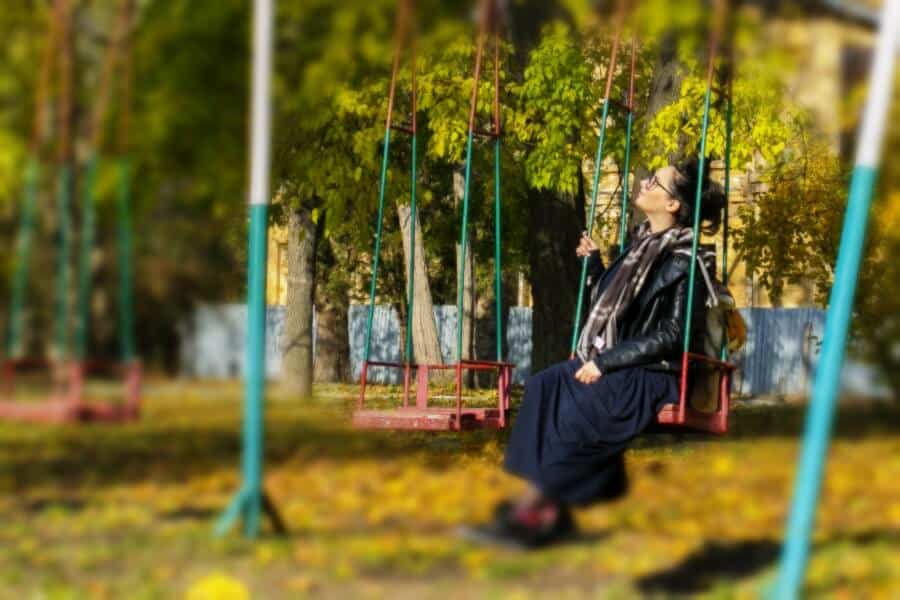
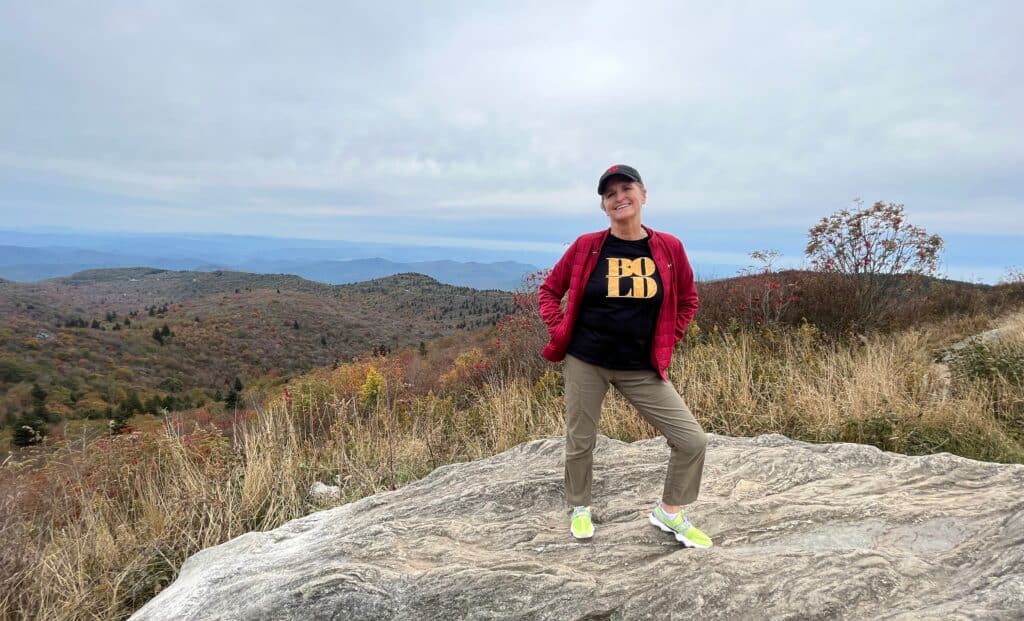















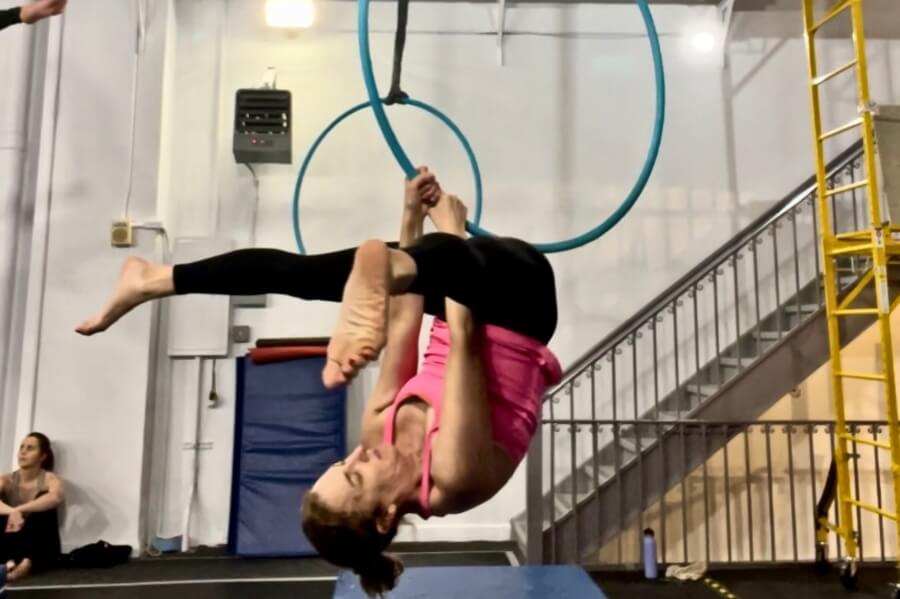
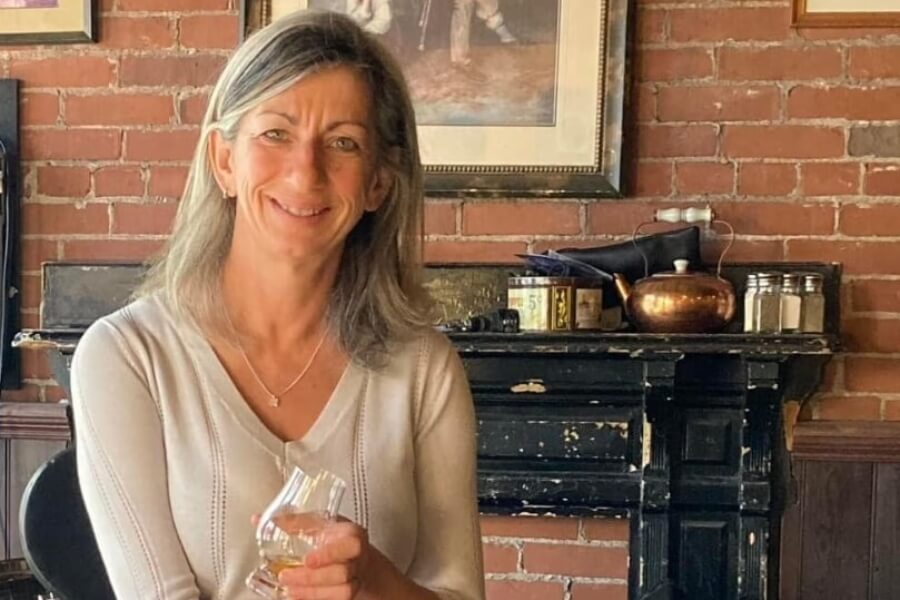
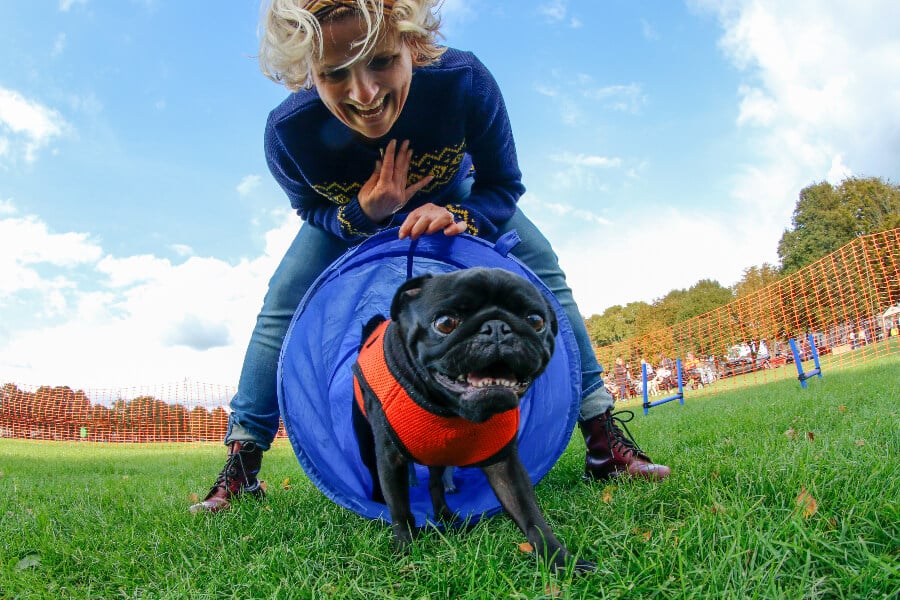
0 Comments